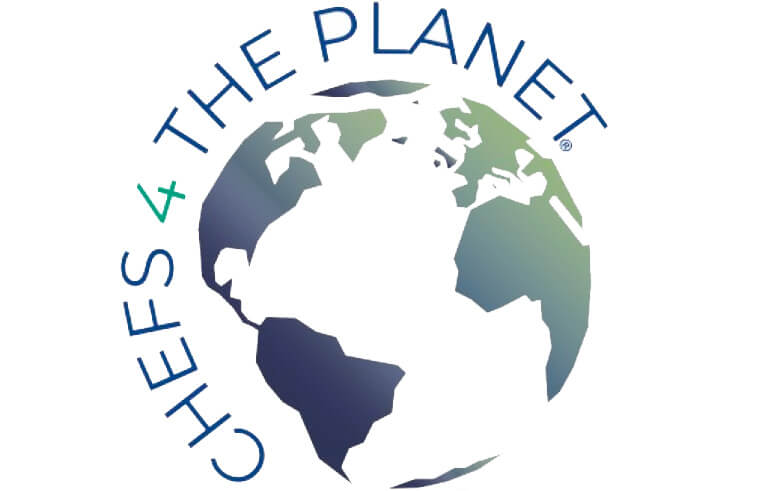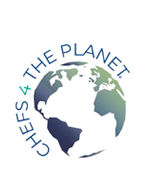Opinion. Without food security for all, the United States will never fully recover from the pandemic.
This is an article from Turning Points, a special section that explores what critical moments from this year might mean for the year ahead.
Turning Point: The coronavirus pandemic exacerbated an already troubled food industry, leading to widespread hunger and food shortages in some populations.
I am a chef who believes in feeding the many, not just the few. So when quarantines were first introduced around the United States earlier this year, my team at World Central Kitchen, a network of chefs and community organizers stationed around the globe, looked for places where we could feed the masses affected by the combined crises of the pandemic and the recession that it has caused.
You didn’t need to be a genius to find them. The communities suffering most from the effects of Covid-19 are those suffering most from the effects of poverty and economic injustice — places like the Navajo Nation in the American West, which is larger in area than 10 of our states but often remains forgotten when we tell the American story.
The Navajo call the land Dinetah — literally, “among the people” — and by mid-May the pandemic was not just among them, but their infection rate was among the highest in the country. Here, as in other coronavirus hot spots, this was not just a result of bad luck. About a third of the homes on Navajo territory have no running water, and almost half the families live at or below the poverty line.
At Fort Defiance, Ariz., our relief team helped prepare more than 1,500 family meal boxes each week. The effort included local students, such as Sophia Ynzunza, a psychology major at the University of Arizona. She quickly found that the job meant much more than just getting paid. “It’s about giving to my people so they don’t suffer anymore,” she said. “Food is nature to my people. We grew our corn, way back when. Food is love. In order to survive, you’ve got to eat.”
A plate of food represents much more than a recipe. In a crisis, it says that someone cares. In more normal times, it brings family and friends together. Its components can make us healthy, or make us sick. The offerings on that plate are shaped not just by a cook, but also by politics and business.
This pandemic year has reminded us of so many things we have forgotten, or ignored. But it will also show us the path forward, to someday feeding all of America equitably. By returning to our roots, I believe we can build a better future for ourselves and our communities.
Read the rest here: https://www.nytimes.com/2020/12/08/opinion/covid-pandemic-food-crisis.html


